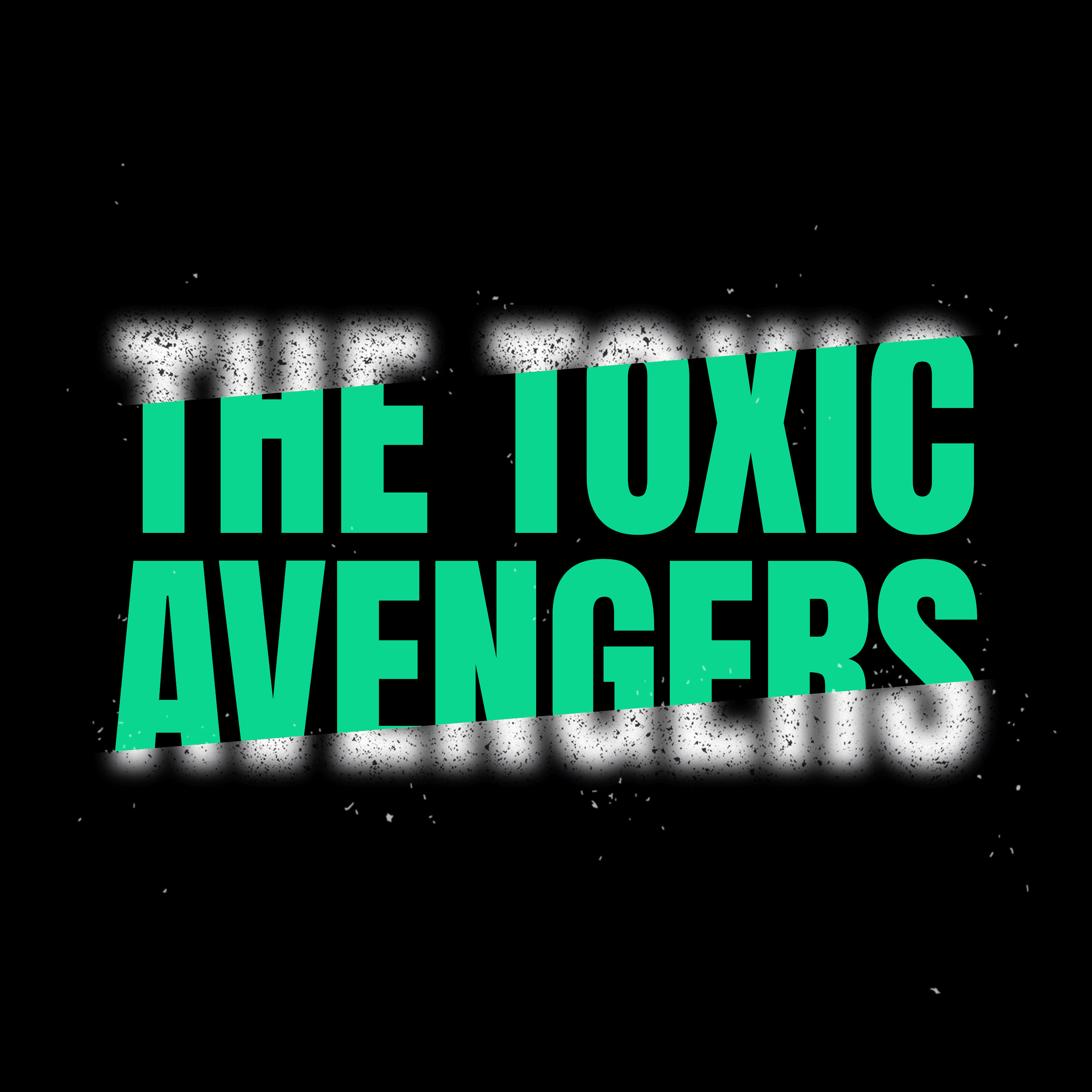Interview with Pamela Miller, Founder of Alaska Community Action on Toxics (ACAT) (Part 1)
This is Part One of my interview with Pamela Miller, Founder and Executive Director of Alaska Community Action on Toxics, also known as ACAT.
Since starting ACAT in 1997, Pamela has worked in support of indigenous communities in Alaska seeking cleanup of polluted, military, industrial, and resource extraction sites.
At the same time, Pam has long been a leader engaged in the creation and implementation of the Stockholm Convention on Persistent Organic Pollutants, also known as the POPs Treaty.
Pamela is the Co-Chair of the International Pollutants Elimination Network (IPEN). The treaty has led to global bans on chemicals and chemical classes including Endosulfan, short-chain chlorinated parrafins and Lindane.
We began our conversation with ACAT’s current work to address PFAS contamination throughout Alaska, the potential use of micronuclear reactors for mining sites, and the ongoing health threat posed by PCBs and other toxic chemicals from abandoned military sites on St. Lawrence Island.
We discuss some of Pam’s recent work on the POPs treaty, the health impacts on indigenous communities of the global transport of persistent toxic chemicals to the Arctic, and the critical role of community research in advocating for cleanup and environmental justice for indigenous people.
We then talk about Pam’s childhood, growing up in Dover, Ohio, and how the nearby presence of Dover Chemical affected her family, and influenced her career path. We discuss her education, including making a choice whether to focus on science or music, and learn about her post-college career working as a marine biologist, prior to moving out West.
Pamela’s breadth of knowledge and experience are remarkable, and her steadfast commitment to addressing toxic pollution and obtaining environmental justice for the indigenous people of Alaska is inspiring.


